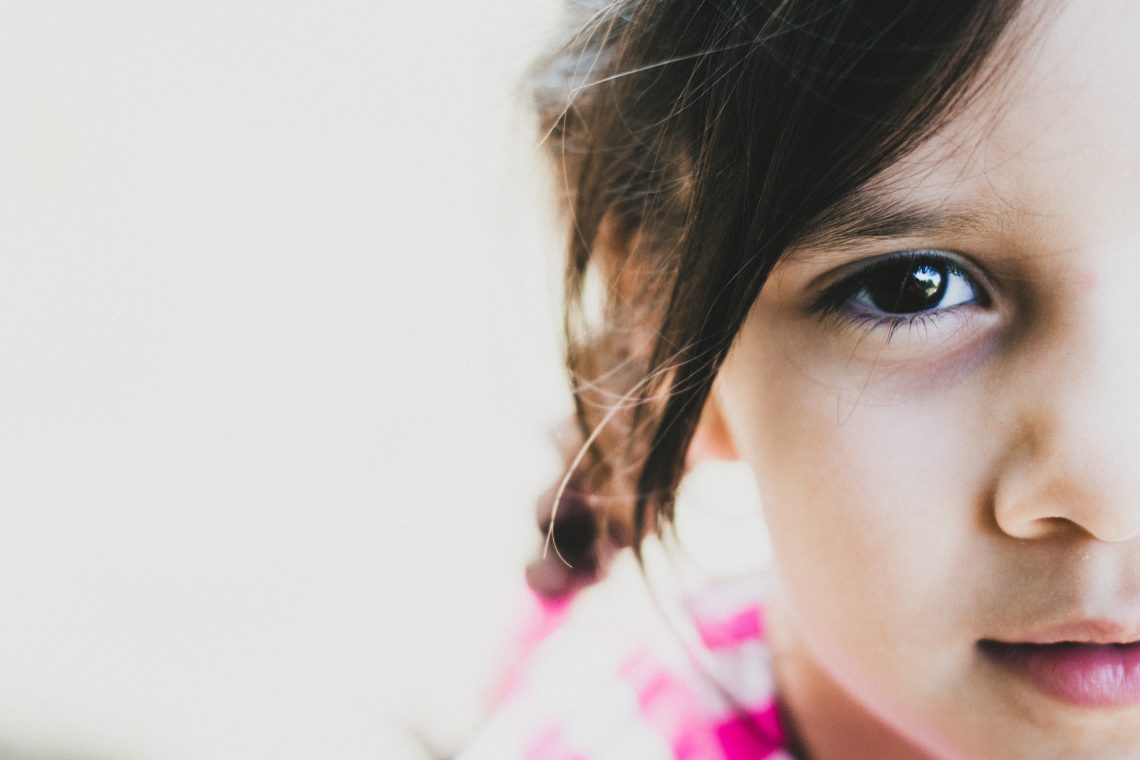Parenting Isn’t About Being Perfect – It’s About Being "Good Enough"
Dealing with the challenges of parenthood while you unconditionally love your children sounds like the perfect combination. For the most part, mothers and fathers imagine that their best selves will prevail, and when the time comes, help them to be the kind of parents their children need. But, actually, with unconditional love in place, you don’t have to be perfect. You have to be “good-enough”.
As long as you meet your parenting responsibilities most of the time your children will be okay. By making mistakes and addressing what went wrong, you are teaching your kids a life-long skill – mistakes, even painful ones, don’t have to be crushing or shameful. They can be talked over, understood, and lead to closer family relationships.
“Good enough” is an important principle to hold onto because all parents inevitably fall short. You can’t be perfect, not because you’re a failure as a parent. Perfection doesn’t exist. Perfectionism, therefore, is frustrating and leaves you feeling disappointed in yourself and in everyone else.
It is better for you, and your children, if you can accept yourself warts and all. Minor problems are troubling enough. Forgiving your more serious mistakes is even harder. Condemning yourself doesn’t make you a better parent; it makes you an unhappy one. Working with the anguish of parenting, rather than avoiding it, is an opportunity to strengthen and deepen the love between you and your family members.
Parenting is a wonderful journey, but it’s a messy one. Even with the reassurance of “good enough” parenting, you’ll sometimes feel bad about what you do or say. Parenting mistakes feel awful. The self-doubt that follows, if allowed to fester, creates feelings of insecurity and low self-esteem.
It may seem easier to blame others, when something bad happens. Or maybe you simply move on, hoping that avoiding problems will make them go away. Conscientious parenting requires more than this, though. If you want your sons and daughters to take responsibility for their mistakes, then it’s important for them to see you own up to yours.
Find a New Perspective
A more realistic strategy for coping with the trials of parenthood begins with unconditional love. Then, look at your mistakes with self-acceptance, compassion, and with the desire to learn from what went wrong. With this mindset, breathe deeply, listen carefully to your thoughts, cry when you must, and laugh as often as possible. You may not always find this higher self. But when you do, it feels great.
Source by Loren Buckner
Article Source: EzineArticles.com








